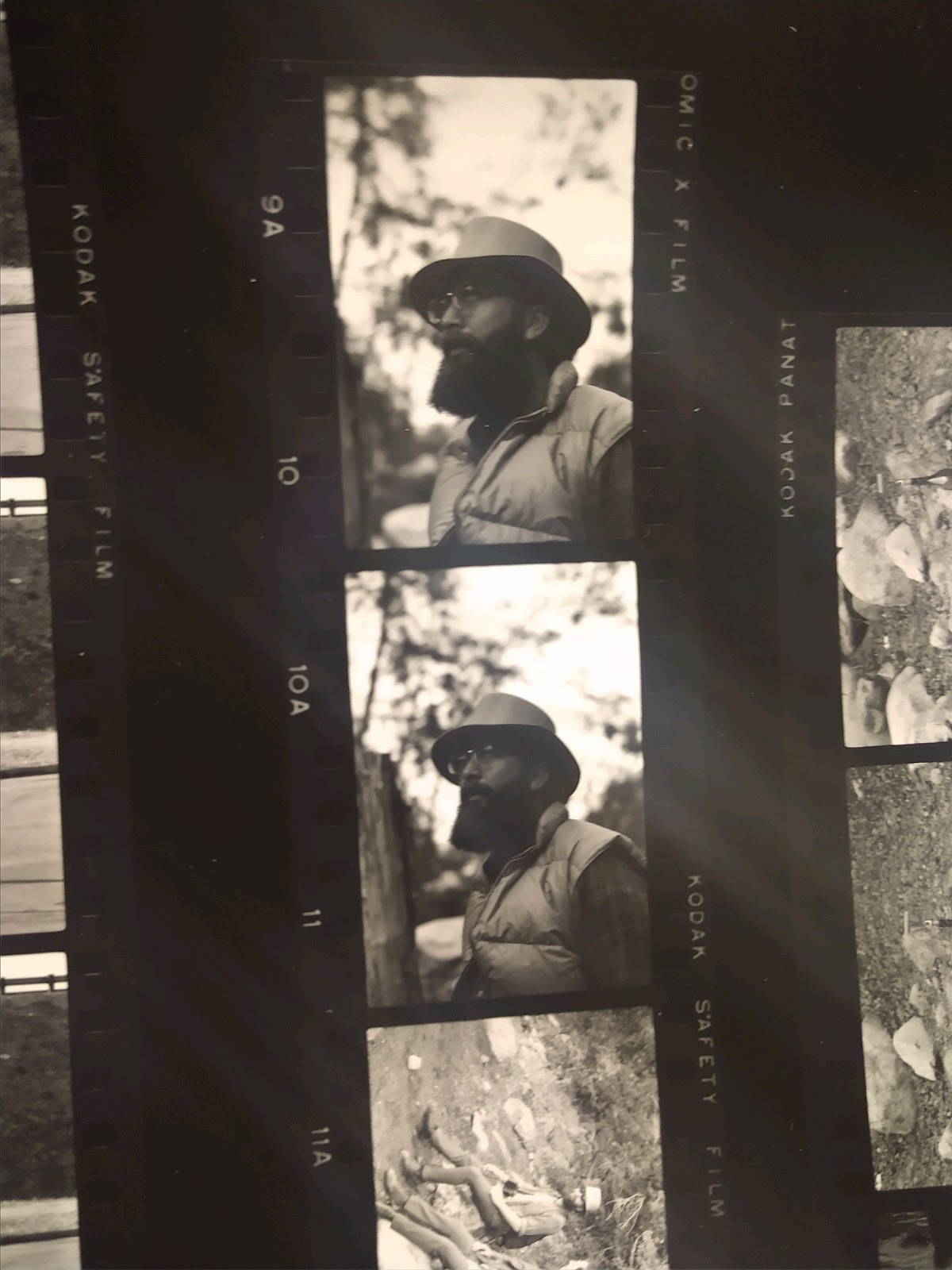The Bus
It had been a long day, beginning in the noisy 4 am marketplace of Santo Domingo, and now, in the darkness of early evening his destination was still more than three hours away. The road inland from Santo Domingo was filed with potholes, some deeper than his axles, as it had been since the first time he was driven over it more than five years before. He remembered that first encounter, the two flat tires, and the slow, embarrassing tow to Ciudad de Valles. The road had not improved. It was only that Leon. the driver, had adjusted to the horrible conditions that he still made the twice-a-week journey.
It had been a long day, which was not to say he was complaining. He had been built for work, and required only a little rest once in a while, gasoline to fuel his heart, oil to keep his joints moving quietly, and a caring driver to assure his happiness. But as he had grown older - just how old was he, he wondered, It seemed the hills were just a little steeper and the heat and cold more noticeable. His joints creaked despite the grease and oil, and his body ached more often than it once did, and the unforeseen jolting bumps in the roadway gave him a headache, still, it could be worse he told himself.
They had passed through Pedro Santos and were nearing the turnoff to San Juan del Rio where he knew the road would deteriorate even further. Then, perhaps for contrast, and to lift his spirits, he thought about the time he had transported a group of European tourists to Mexico City. On highway 85 he had shown all of them how his tires could hum.
During the last hours of the journey he had time to consider his passengers. The young couple, no more than teenagers, who had flagged him down just south of Ciudad de Valles. They carried one tattered. brown leather suitcase held together with a length of hemp, and a net bag filled with overripe oranges. It was obvious they were in love, perhaps recently married, or running away to get married. They had seated themselves toward the rear of the bus and when the old man with the parrot got off at El Abra they had taken his place in the back seat.
He could feel the warmth of their bodies pressing together as they fought against sleep. And there was the noisy family occupying four seats near his middle, two on each side of the aisle. Behind them were their homemade wooden crates, one holding two bedraggled chickens, and another a young turkey. In another wooden box a small pig grunted and squealed. Directly behind the driver was a middle aged man who cradled in his lap a wicker cage holding five bright canaries. Across the aisle a middle-aged American couple, on their way to experience the strange and surrealistic concrete garden at Los Posas, dozed and listened to music written in an unknown tongue. Almost everyone was asleep. Only Leon and himself were alert and watching.
As they passed Tlalcolteno and turned on to Calle 5 de Mayo Sur he felt a few raindrops speckle his windshield. They were climbing into the Sierra Gorda mountains now, toward the town of Xilitla, and in a half an hour, maybe less, he would be resting quietly behind Leon's house as the passengers he had carefully cradled picked up their baggage and ambled off into the darkness to continue what was left of their lives.

